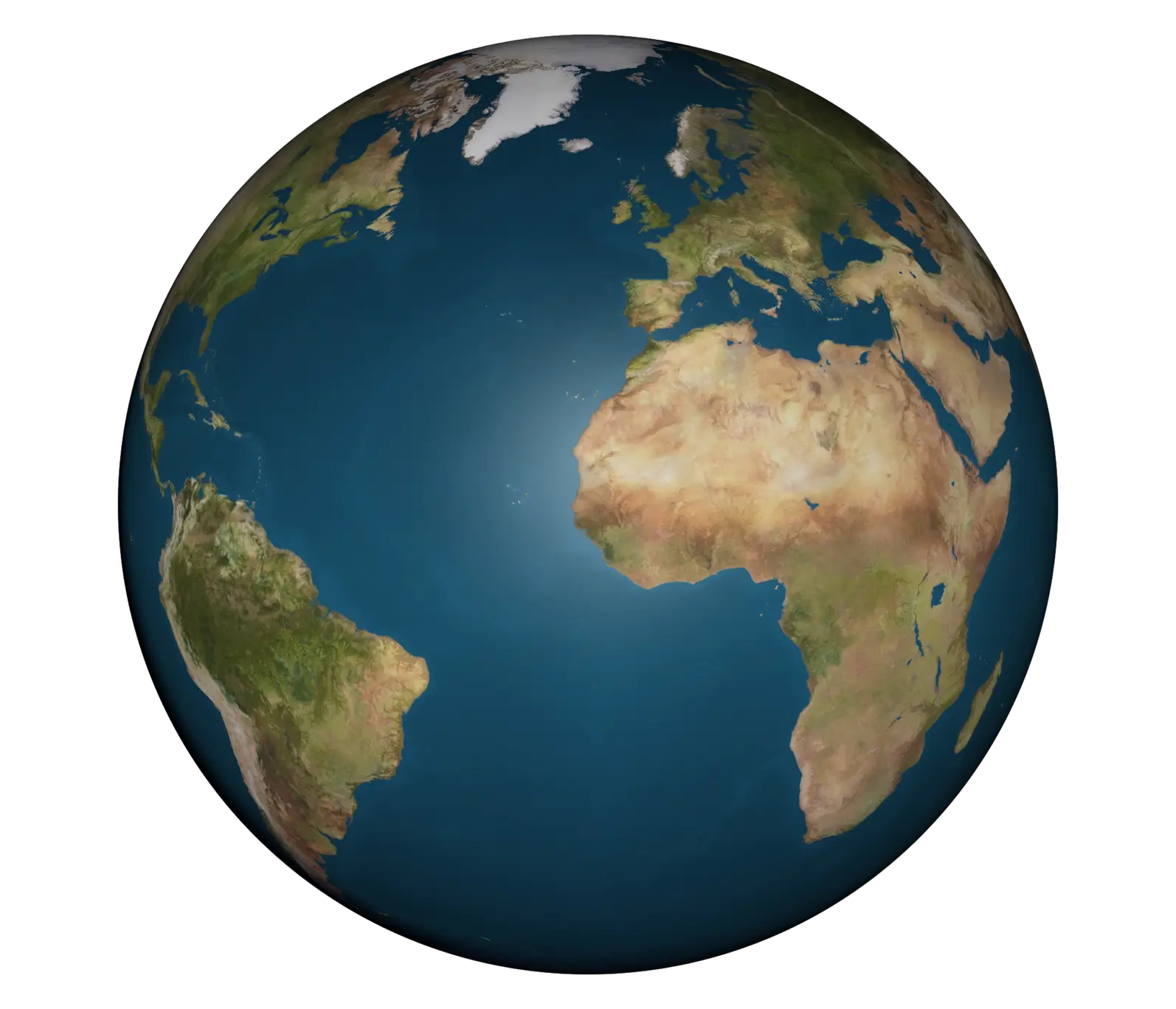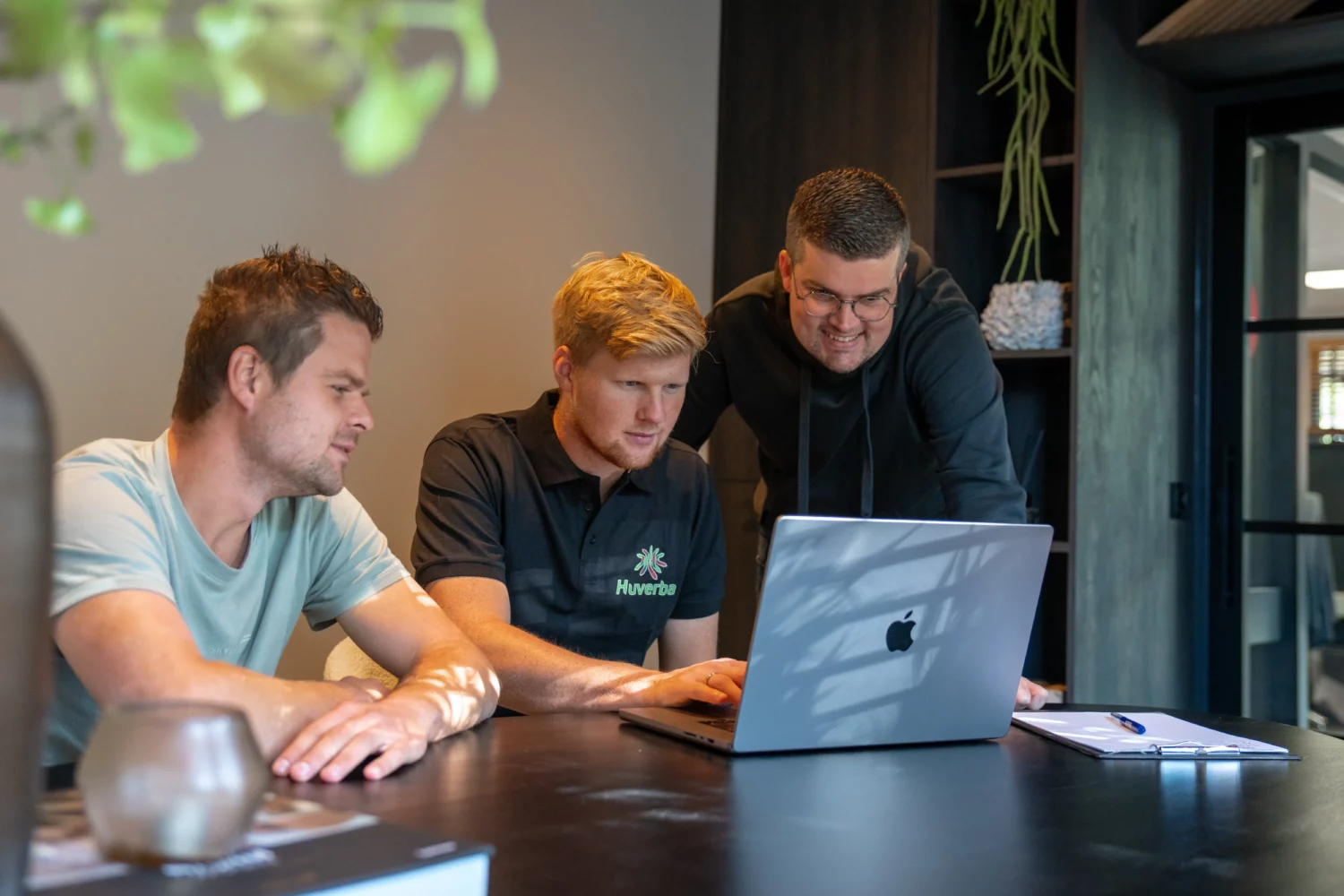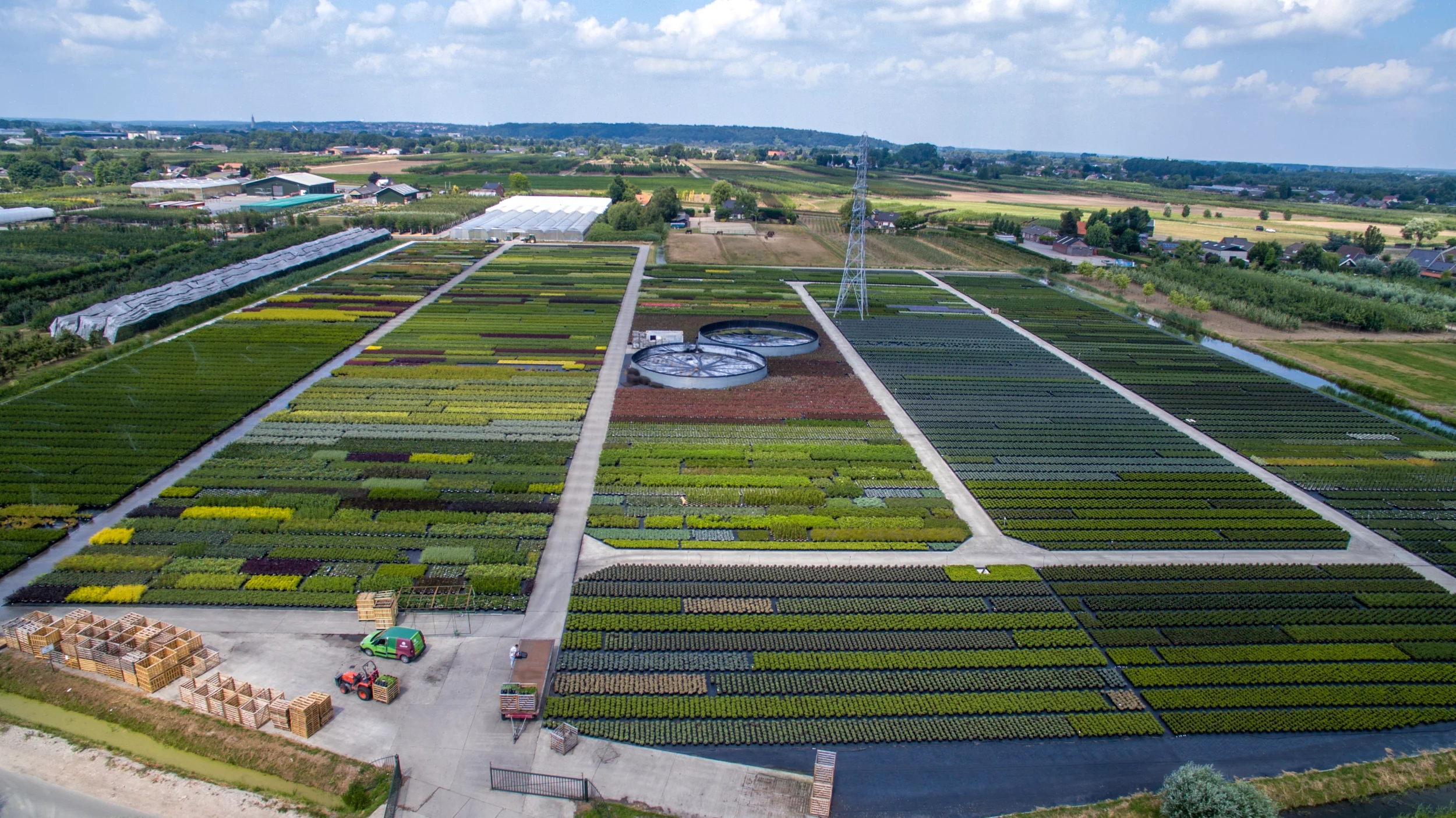We literally contribute to a greener world
By planting trees, ornamental grasses and shrubs, we help combat climate change and make a positive contribution to biodiversity. With the current challenges in mind, we are putting our best foot forward.
Specialists in green

Quality labels
MPS-ABC
Huverba is MPS-ABC certified. This is not only an environmental certification for growers, it is also a monitoring tool with which we can keep track of exactly how sustainably we produce. This registration allows us to further optimize our processes if necessary. This way we grow a lot more sustainably every year.
PlanetProof
On the way to Planet Proof, you have probably heard it before. This independent quality mark says it all: with all the efforts we make to do business more sustainably, we are together on our way to a greener world. With all the decisions we make, we try to burden the earth less and less and thus make our nurseries more sustainable.
Select Plant
Because our propagating material meets higher quality or health requirements, it is eligible for the Select Plant quality-plus system. The requirements and conditions that participants in Naktuinbouw Select Plant must meet are stated in the regulations. The stricter requirements relate to the quality and health of the propagating material. Laboratory tests are often necessary to determine whether all criteria have been met. When assessing certified material, particular attention is paid to varietal authenticity, varietal purity, origin, health (free of viruses, fungi, bacteria or nematodes) and quality.

Sustainability measures
Reduction of water usage
Due to the increasing drought, regular watering at our nurseries is a must. To prevent waste, our nurseries have enormous water basins with a total capacity of four million liters. The cultivation floors consist of lava so that the (rain)water is recirculated. Much of our greenery is supplied with water through drip hoses, resulting in a metered release.
Solar energy
The roofs of our production warehouses are equipped with solar panels in 2022 to reduce our electricity use from the grid. This involves no fewer than 300 panels that can generate a capacity of 100,000 kW per year. In the long term, our internal logistics (such as forklift trucks and aerial work platforms) and pruning tools will operate fully electrically.
Alternative crop protection
Biological control is a sustainable form of crop protection that is fully deployed at our nurseries. In particular, combating harmful insects with beneficial insects, such as combating aphids with parasitic wasps and ladybugs.
We also work at the nurseries with hoeing machines, among other things. These are efficient in mechanically removing weeds from between trees.
We have now drastically reduced the use of chemical pesticides and will phase them out completely in the future.
Recycled pots
Our container plants grow in recycled pots and most of them are even in carbon-free ones. This means that they are made from recycled material. In many cases, the used, empty pots are collected from our customers and then recycled for reuse. We take such measures to reduce our carbon footprint.
Organic fertilizers
The use of organic fertilizers (stable manure, compost) ensures a slowly released and improved soil life and even growth, meaning that fewer chemical growth corrections are required. This organic fertilizer is only delivered to the roots of the trees by means of a so-called row spreader. In this way we limit the use of fertilizer and reduce our CO2 emissions.
Peat-free potting soil
Seventy to one hundred percent of potting soil consists of peat. Peat acts as a buffer for water and fertilizers. But when peat/peat is dried, a lot of CO2 is released. That is why we grow our potted plants in peat-poor potting soil and many of them even in peat-free potting soil. Our aim is to grow our plants completely peat-free.
Request our brochure
40 pages full of stories, inspiration and information


